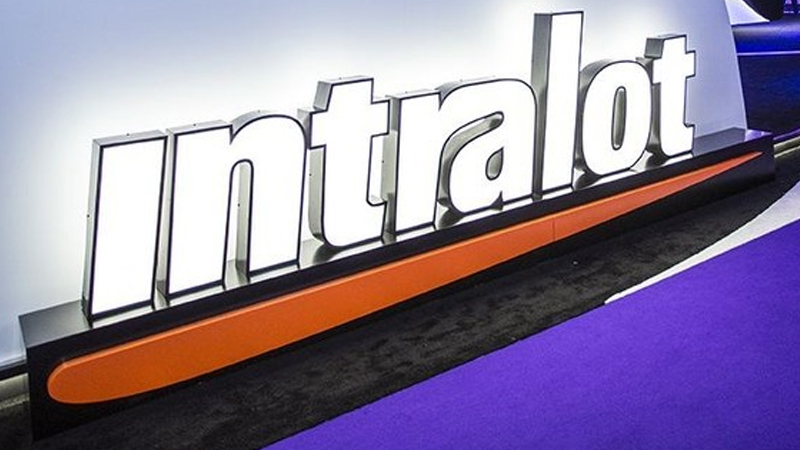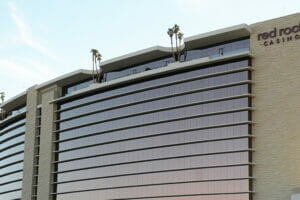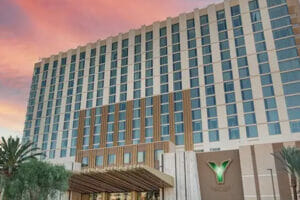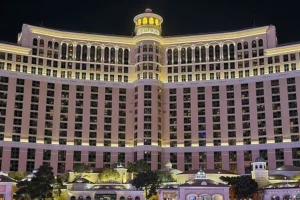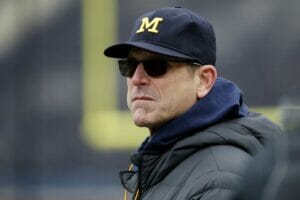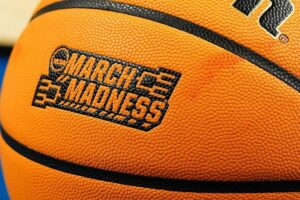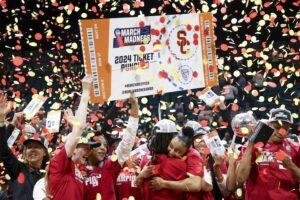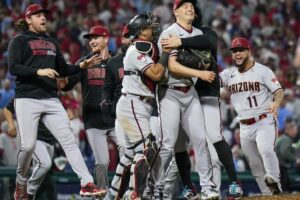Intralot’s Washington D.C. Sports Betting Contract Could be in Trouble
In an interesting twist in the tale of sports betting in the American capital district, the D.C. Lottery has recommended that current operator Intralot subcontract a second operator to run its oft-criticized mobile sports betting platform, GambetDC.
The Greek operator Intralot’s five-year contract expires in July this year, arriving amid a torrid time for the D.C. sports betting market.
The logic of recommending renewal of a license for an operator who is apparently in need of a competitor to run its services was roundly questioned by regulators and representatives of rival sportsbooks. The conversations happened during this week’s D.C. Council’s Committee on Business and Economic Development (CBED).
Since 2019, when it received the $215 million contract to run Washington D.C online sports betting, Intralot’s GambetDC app has been plagued by service interruptions and an overall experience many customers have rated as subpar. It even crashed during the Super Bowl in 2022.
Despite offering mobile betting across the district throughout 2023, GambetDC failed to beat the yearly revenues of Caesars Entertainment’s single retail sportsbook at Capital One Arena.
Not Much for Intralot to Be Doing
CBED Chair Kenyan McDuffie grilled Washington D.C. Lottery executive director Frank Suarez about the details of the proposal. In particular, why Intralot should be getting a contract extension when it is in need of an overhaul of its services.
Especially when, by the director’s own admission, hiring a subcontractor would essentially end Intralot’s involvement in the operation.
“The reality is, once you change the platform, there’s not much for Intralot to be doing,” Suarez said at the meeting.
There has also been much discussion over previous subcontractors of Intralot and their connection to local politicians, although official investigations did not result in any serious moves.
According to D.C. regulations of 2019, the Lottery-contracted sports betting partner would have to hire out at least 20% of operations to local companies.
Intralot claimed that the company it hired that year, Vital Services Contractors (VSC), was an uncooperative partner and sat on its laurels once the contract had been handed out.
It also said it had not wanted to hire VSC, but was told by the Council it had to, after its choice was vetoed in a vote.
VSC head Emmanuel Bailey, it was later discovered, had ties to former council chairman Vincent C. Gray, raising questions about the bidding process.
The matter was investigated by the Office of the Inspector General in 2012, but no conclusive evidence of wrongdoing was presented.
GambetDC’s Struggles
However, even a decade later, the controversy has not been forgotten, especially admit GambetDC’s poor performance.
Caesars Entertainment’s retail sportsbook at Capital One Arena is the most profitable sports betting venture in D.C. It handled $6.1 million in November, compared to GambetDC’s $5.9 million from mobile betting.
This makes D.C. the only U.S. sports betting market where retail is preferred to mobile betting where both are available.
With retail sportsbook bettors tending to be more efficient and strategic compared to those casually betting parlays on their phones, the lower levels of mobile activity have hit sportsbook revenues and taxes hard.
The situation is quite dire for the D.C. sports betting market, even as U.S. sports betting booms nationally.
The latest data from November 2023 showed a precipitous fall-off in revenues, and thus taxes, for the District.
Year-on-year, the November handle of $17.1 million was down 20% compared to 2022, and revenues were down 57%.
To add fuel to the fire, media network Monumental Sports announced in December that it had reached a preliminary deal with two major league Washington State sports teams to move to Virginia.
Although it is early days for the idea, under the proposal, the NBA’s Washington Wizards and the NHL’s Washington Capitals would move from the Capital One Arena to a new sporting complex in Alexandria, Virginia, potentially by 2028.
That would most definitely affect the revenues of Caesars’ leading sportsbook, which is located in the Arena Complex. So if tax dollars are to remain level, then the offering of D.C’s lottery-backed online betting service has to improve.
Sportsbooks Representatives Speak
At the CBED meeting on Thursday, representatives from FanDuel and DraftKings spoke before councillors to pitch their proposal to fix the situation.
Somewhat unsurprisingly, an open online sports betting market with multiple operators is what they want.
The Lottery says that markets with single operators, like, say, New Hampshire sports betting, are doing fine, thank you very much. So, D.C. doesn’t need to radically change tact.
However, DraftKings lobbyist Matt Scalf replied that New Hampshire launched in 2019, before the data was in on competitive markets vs single license structures. And that is coming from an operator who should, in theory, be the beneficiary of its monopoly market in New Hampshire.
“The data is not an apples-to-apples comparison,” Scalf said.
McDuffie was quick to retort, pointing out the success of D. C’s neighboring markets like sports betting in Maryland and Virginia. Both offer a competitive field of sportsbooks for bettors to choose.
“Just looking at the data we’re seeing coming out of Virginia and Maryland, it appears that they’ve been eating our apples,” McDuffie said.
The D.C. council will consider both arguments over the coming weeks before Intralot’s contract expires in April.



